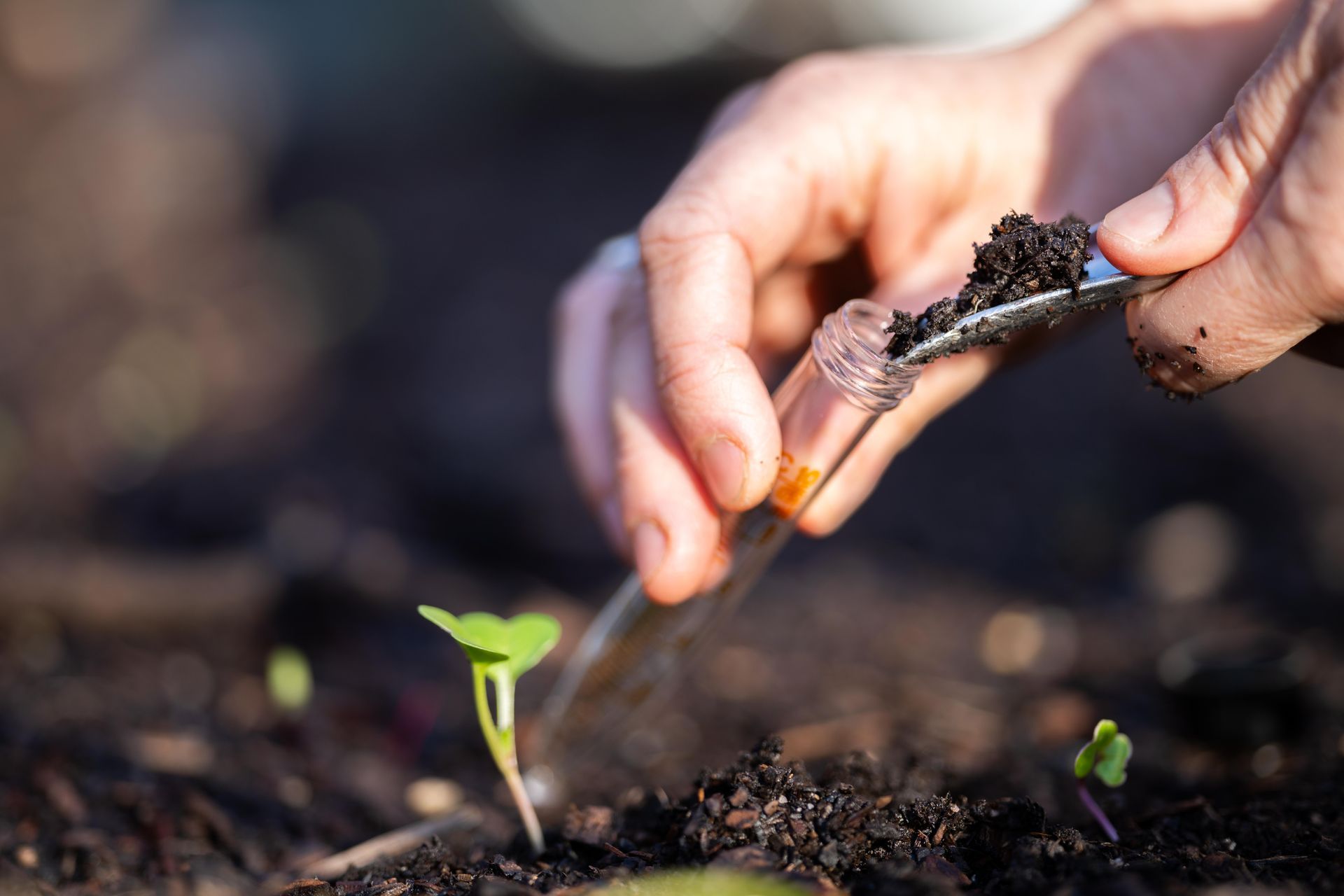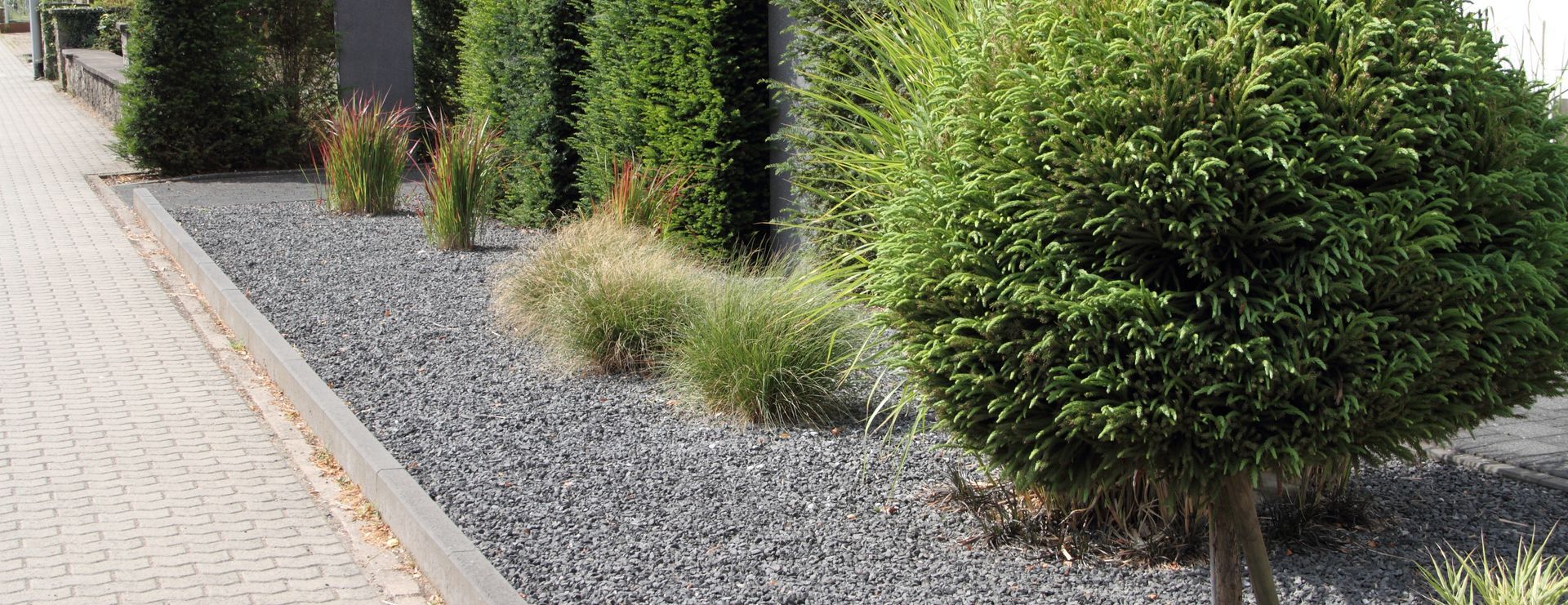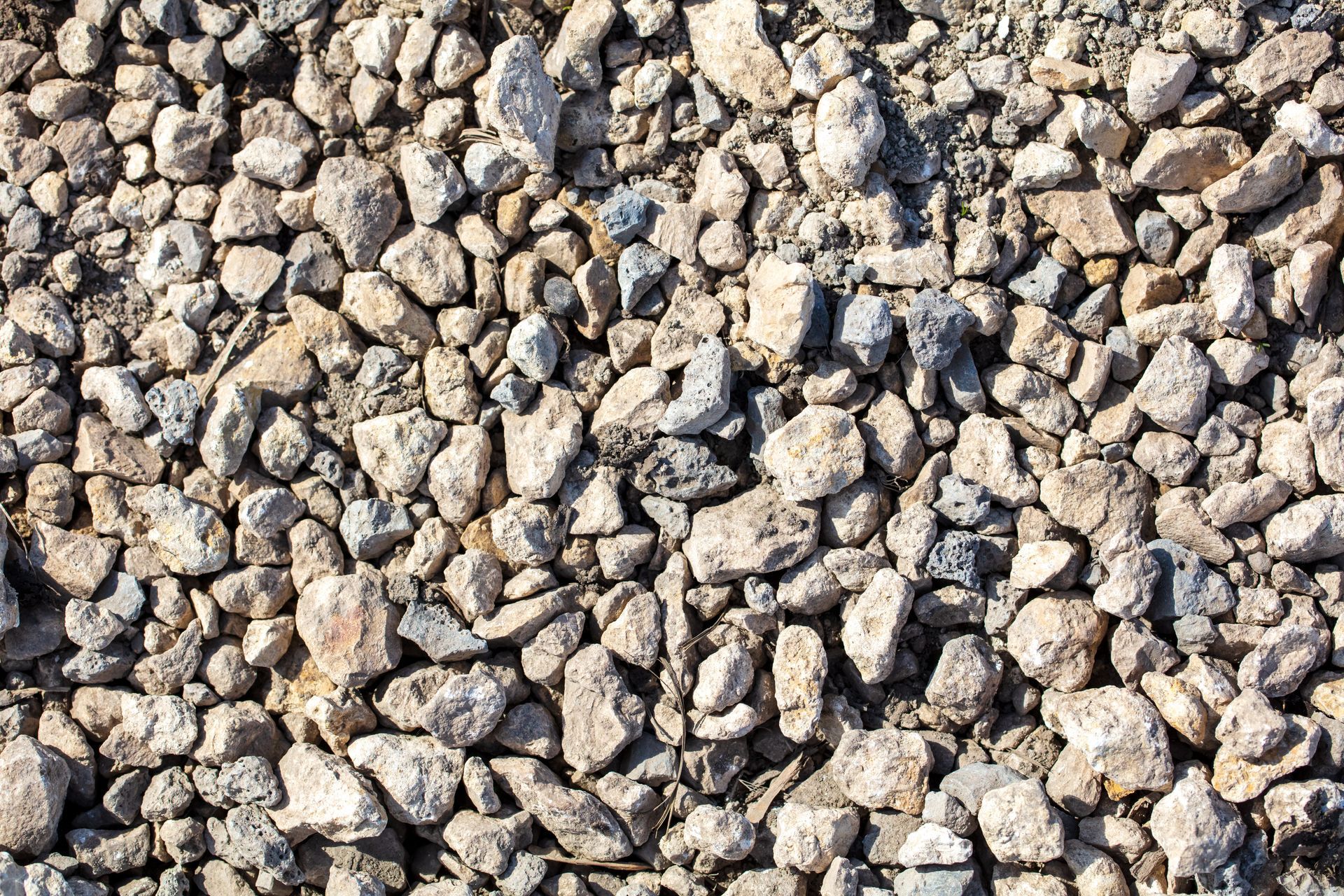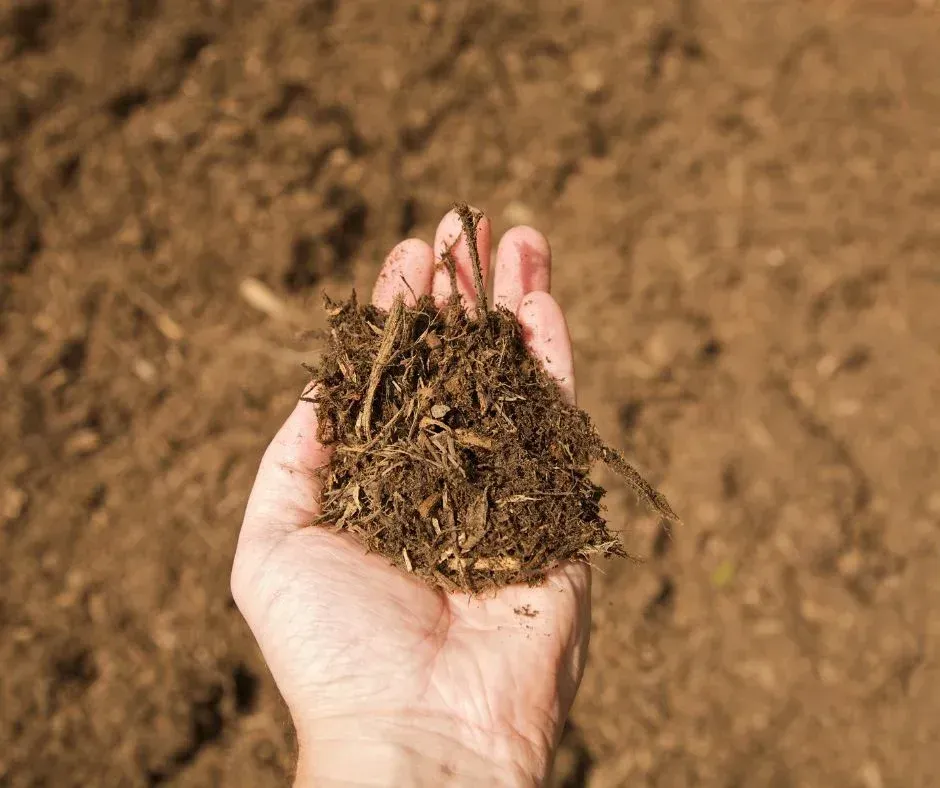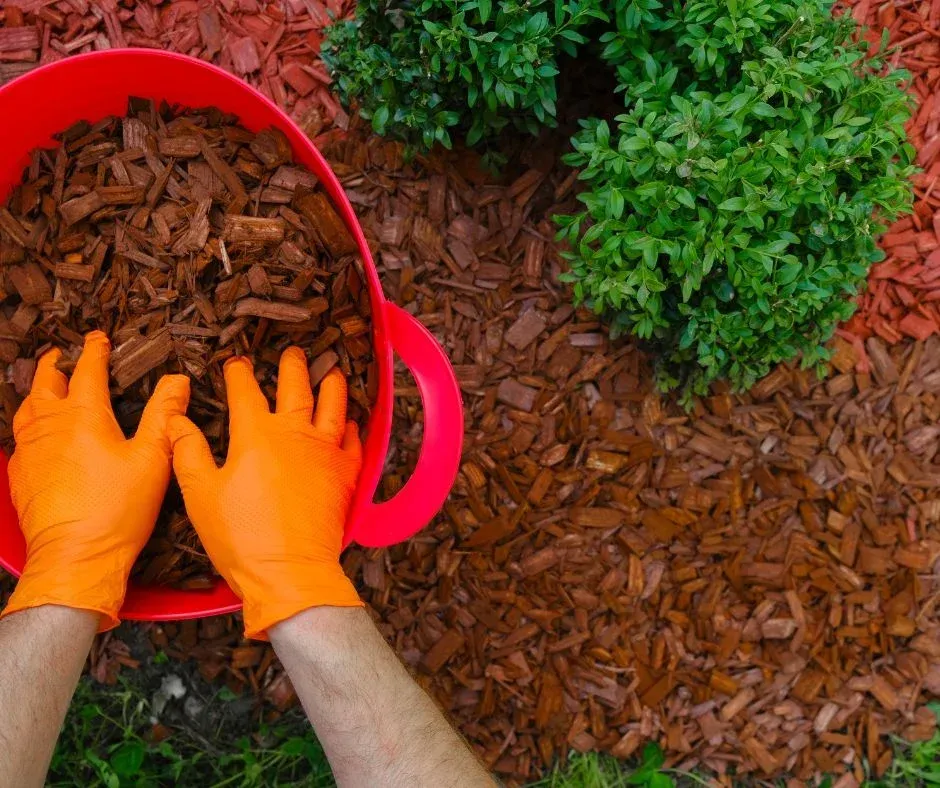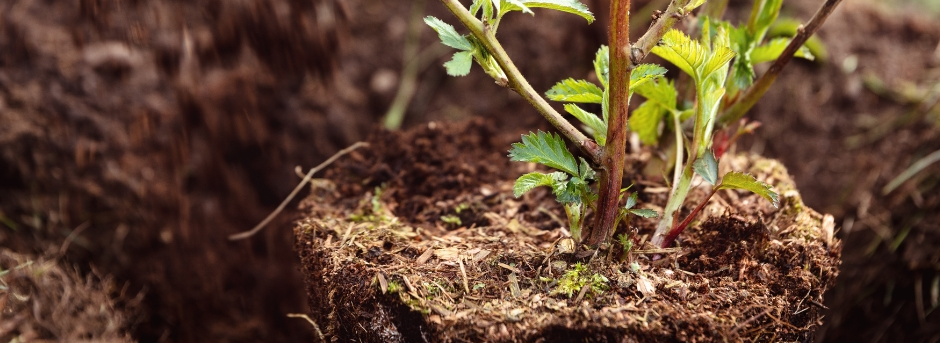Digging Deeper: Soil Health and Its Impact on Your Crops
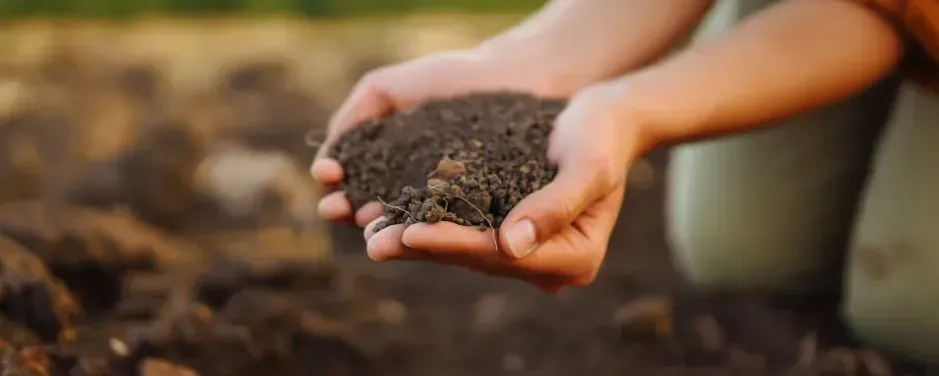
When it comes to farming and agriculture, one of the most fundamental yet often overlooked factors is soil health. The quality of your soil can have a significant impact on the success of your crops, affecting everything from yield to crop resilience and even the nutritional value of your produce. In this blog post, we will dig deeper into the topic of soil health and explore how it can influence your agricultural endeavors.
The Importance of Soil Health
Soil is not just a passive medium in which plants grow; it is a living, dynamic ecosystem in itself. Healthy soil is teeming with microorganisms, fungi, and a variety of organisms that interact in complex ways to support plant growth. Here are some key reasons why soil health is vital for successful crop cultivation:
- Nutrient Availability:
Healthy soil contains a rich supply of essential nutrients that plants need to thrive. These nutrients are made available to plants through the activities of soil microbes, which break down organic matter and make nutrients like nitrogen, phosphorus, and potassium accessible to plant roots.
- Water Retention: Soil with good structure and organic matter content can retain water more effectively, ensuring that crops have a consistent source of moisture even during dry periods. This can be a game-changer in regions with irregular rainfall.
- Disease Suppression:
Healthy soil is more resistant to soil-borne diseases and pests. Beneficial microorganisms in the soil can help suppress the populations of harmful pathogens, reducing the need for chemical pesticides.
- Improved Crop Resilience:
Crops grown in healthy soil tend to be more resilient to stressors like drought, extreme temperatures, and pests. They can develop stronger root systems and better access the resources they need.
- Enhanced Nutritional Value: The quality of the soil can influence the nutritional content of your crops. Soil rich in minerals and organic matter can lead to more nutrient-dense produce, which is not only healthier for consumers but can also fetch higher market prices.
How to Assess Soil Health
Now that we understand why soil health is crucial, let's look at how you can assess the condition of your soil:
- Soil Testing: A soil test is a valuable tool that provides information about the nutrient levels, pH, and organic matter content in your soil. It can help you determine what amendments or treatments your soil may need.
- Observation: Visual cues can also provide insights into soil health. Healthy soil is often dark and crumbly, with a pleasant earthy smell. Compacted or eroded soil, on the other hand, may indicate problems.
- Plant Health: The health and performance of your crops can be a reflection of soil quality. Stunted growth, yellowing leaves, or increased susceptibility to pests and diseases can all be signs of poor soil health.
Improving Soil Health
If you find that your soil is less than optimal, don't worry—there are several strategies you can employ to improve its health:
- Add Organic Matter:
Compost, cover crops, and organic mulches can all increase the organic matter content of your soil, improving its structure and nutrient-holding capacity.
- Balancing Nutrients: Based on soil test results, you can add specific fertilizers or soil conditioners to address nutrient imbalances.
- Reduced Tillage: Minimizing tillage can help preserve soil structure and reduce erosion.
- Crop Rotation: Rotating crops can disrupt pest and disease cycles and prevent the depletion of specific nutrients.
- Biological Amendments: Introducing beneficial microorganisms, like mycorrhizal fungi, can enhance nutrient uptake by plants and improve overall soil health.
Soil health is not just a concern for large-scale agricultural operations; it's a fundamental aspect of successful gardening and farming. By understanding the importance of soil health, regularly assessing your soil, and implementing appropriate soil management practices, you can ensure that your crops thrive, providing you with better yields and healthier, more nutritious produce. So, get out there, dig a little deeper, and give your soil the attention it deserves—it will pay off in the long run.

